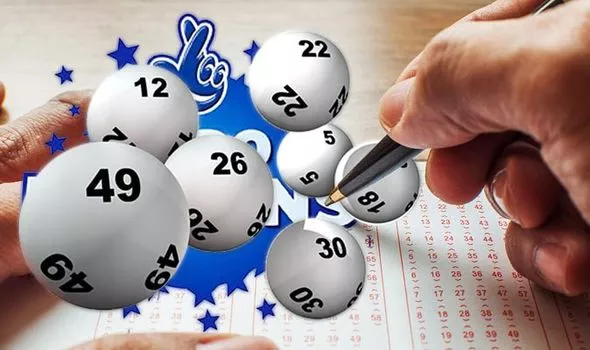Lotteries are a global phenomenon, capturing the imagination of millions who dream of striking it rich with the purchase of a simple ticket. From scratch-offs to massive jackpot drawings, the allure of instant wealth draws people from all walks of life. But what drives individuals to participate in lotteries, despite knowing the slim odds of winning? The answer lies in the complex interplay of psychology, hope, and the allure of possibility Bandar Togel.
The Thrill of Anticipation: Participating in a lottery begins long before the drawing itself. For many, the act of purchasing a ticket ignites a sense of anticipation and excitement. The mere possibility of winning creates a rush of adrenaline, fueling fantasies of what life could be like with newfound wealth. This anticipation becomes a form of psychological reward, offering a brief escape from the mundane realities of everyday life.
Hope in the Face of Probability: Lottery players are acutely aware of the astronomical odds stacked against them. Yet, hope springs eternal, transcending rationality in favor of optimism. Psychologically, hope serves as a coping mechanism, offering a sense of control in an unpredictable world. Despite the statistical improbability of winning, individuals cling to the belief that they could be the exception, the fortunate few who beat the odds.
The Power of Social Influence: Lotteries are not just individual endeavors; they are also social phenomena. The pervasive nature of lottery advertising, coupled with the excitement generated by jackpot drawings, creates a sense of communal participation. Social influence plays a significant role, as individuals are influenced by the actions and beliefs of those around them. Seeing friends, family members, or even strangers purchasing tickets reinforces the idea that participating in the lottery is a normative behavior.
Escaping Financial Strain: For some, the decision to play the lottery is driven by financial desperation. Economic hardship, coupled with the desire for a better life, can lead individuals to view the lottery as a potential lifeline. The promise of instant wealth offers a glimmer of hope in the face of financial uncertainty, albeit with the acknowledgment of its inherent risk.
The Illusion of Control: Lottery players often engage in various strategies and rituals in an attempt to exert a sense of control over the outcome. From selecting specific numbers based on personal significance to adhering to lucky charms or routines, these behaviors provide a psychological illusion of influence. While logically understanding that these actions have no bearing on the random nature of lottery draws, individuals find comfort in the illusion of control it provides.
Conclusion: The psychology of lottery players is a multifaceted phenomenon, driven by a complex interplay of anticipation, hope, social influence, and the desire for financial security. Despite the slim odds of winning, the allure of instant wealth continues to captivate individuals worldwide.


